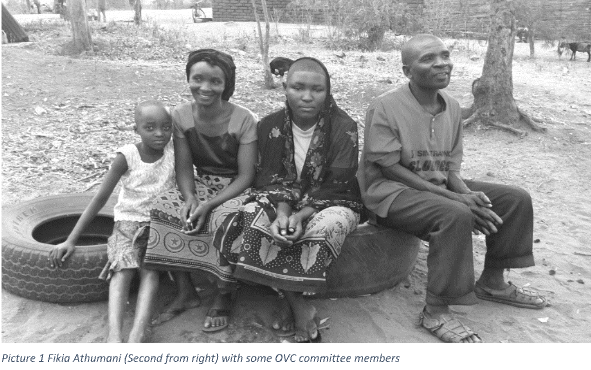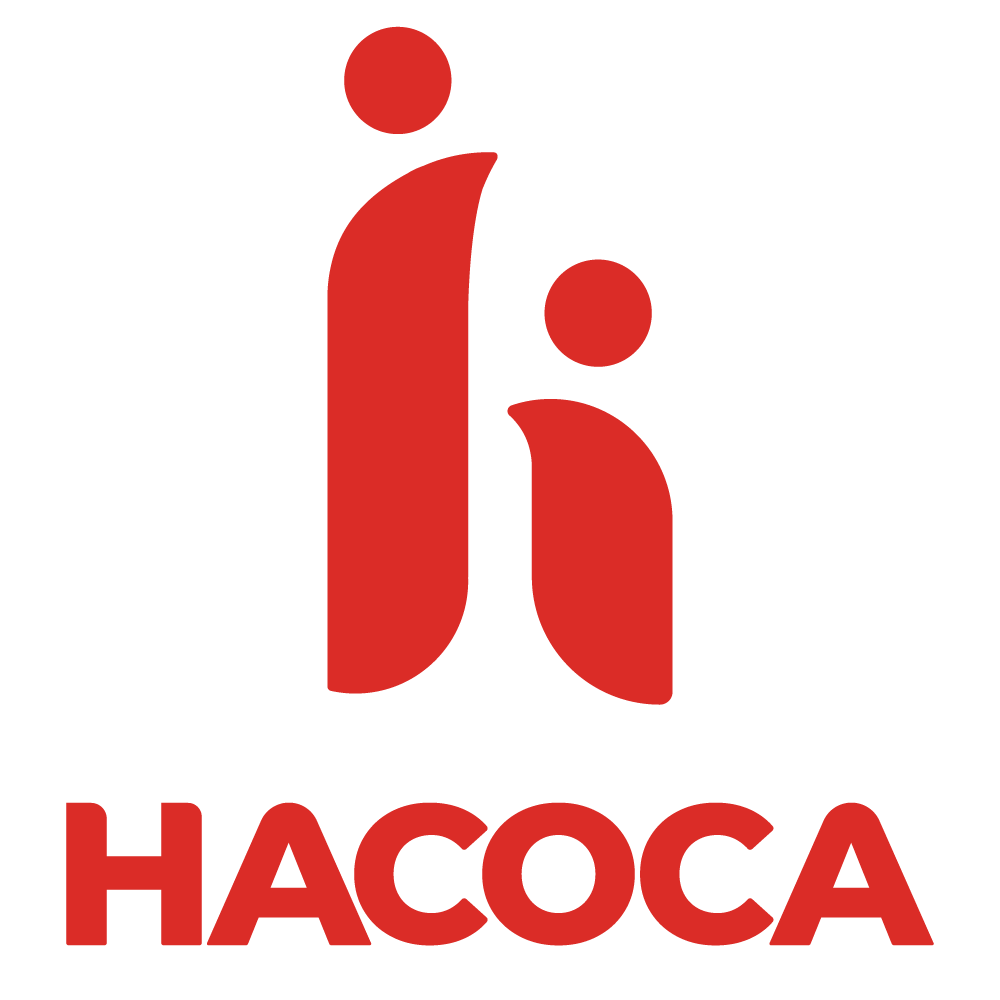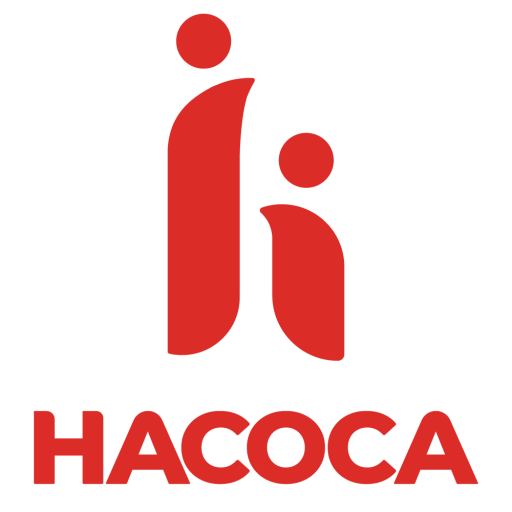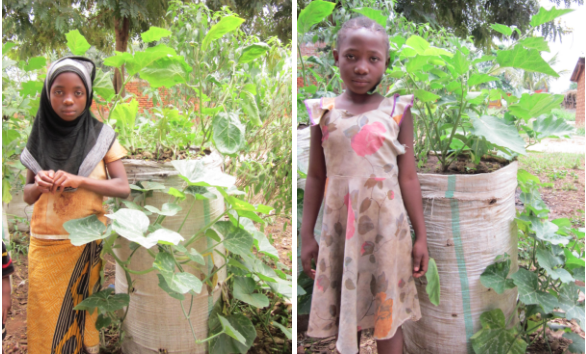Mrs. Aziza Mataula, a 58-year-old grandmother living in Kauzeni ward, faced significant challenges in providing…

Nine years ago, in Kipera Village, a young orphan named Fika Athumani faced an uncertain and heartbreaking future. Expelled from school due to unpaid fees, Fika watched helplessly as her dreams of education slipped away. Without parents to support her, she felt utterly alone, isolated, and hopeless. Each day she stayed home, the gap between her and the other children in her village seemed to grow wider, and her prospects dimmer.
At the time, the Kipera OVC (Orphans and Vulnerable Children) Committee was struggling to provide meaningful support to children like Fika. Although the committee existed to protect vulnerable children, it lacked direction, resources, and knowledge of how to effectively carry out its mission. Many children in the village were being left behind, and the committee was overwhelmed.
HACOCA recognized the dire need for action. Through a project funded by the Foundation for Civil Society (FCS), HACOCA stepped in to strengthen OVC committees across Mvomero and Morogoro, including the one in Kipera. Over 6,255 community members were reached, and 32 OVC committees, including Kipera’s, were empowered through training and guidance. HACOCA built the capacity of the committees, helping them understand their roles and responsibilities, guiding documents, and child rights. The committee members learned resource mobilization techniques and how to actively advocate for vulnerable children.
For the Kipera OVC Committee, this was a turning point. HACOCA’s training equipped them with the tools and skills to take action. No longer passive observers, the committee became proactive, mobilizing resources within the community. When they learned about Fika’s situation, they quickly gathered the support needed to cover her school fees. This wasn’t just an administrative step; it was a lifeline. Fika’s expulsion had left her feeling disconnected from the future she dreamed of, but the committee’s intervention restored her hope.
“I thank the Most Vulnerable Children Committee of my village for their heartfelt support to rescue my education,” Fika said, filled with relief and gratitude.
Returning to school meant everything to her. It wasn’t just about getting back into the classroom; it was about reclaiming her future, her dreams, and her place among her peers.
The Kipera OVC Committee’s journey didn’t stop with Fika. Empowered by HACOCA’s training, they were able to support other vulnerable children in the community, ensuring that they, too, had access to education and the care they needed. The committee, which had once struggled with inactivity, was now a vital force in Kipera, providing consistent support and protection to the village’s most vulnerable members.
This transformation didn’t just affect Fika; it had a ripple effect across the village. As the Kipera OVC Committee became more organized and proactive, the community at large became more engaged in supporting vulnerable children. HACOCA’s training had sparked a change in mindset—now, everyone understood that protecting children like Fika was a shared responsibility.
Looking back, it’s clear that HACOCA’s intervention gave the Kipera OVC Committee the tools to create lasting change. The committee’s newfound ability to mobilize resources and advocate for children’s rights has continued to benefit the community. Fika’s story is just one of many examples of how the committee’s transformation has had a profound and long-lasting impact.
Although it’s uncertain where Fika is today, the committee’s support allowed her to continue her education, giving her a chance at a better future. Her story stands as a powerful reminder of what can be achieved when communities are empowered to protect and uplift their most vulnerable members.
The Kipera OVC Committee, once struggling and directionless, is now a pillar of hope in the village. Thanks to HACOCA’s guidance, they have proven that with the right support, vulnerable children can achieve their dreams. Fika’s journey from despair to hope highlights the importance of community-driven action and shows how a dedicated group of people can change the future for children who might otherwise be left behind.





